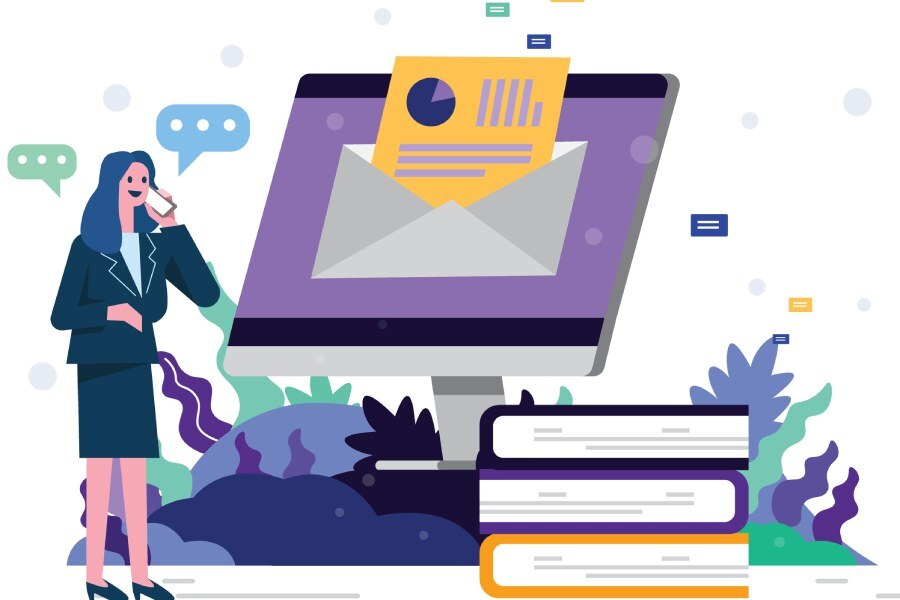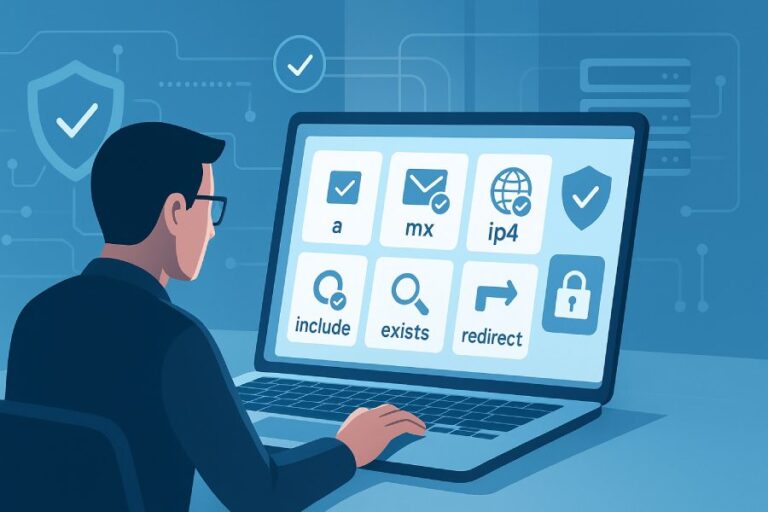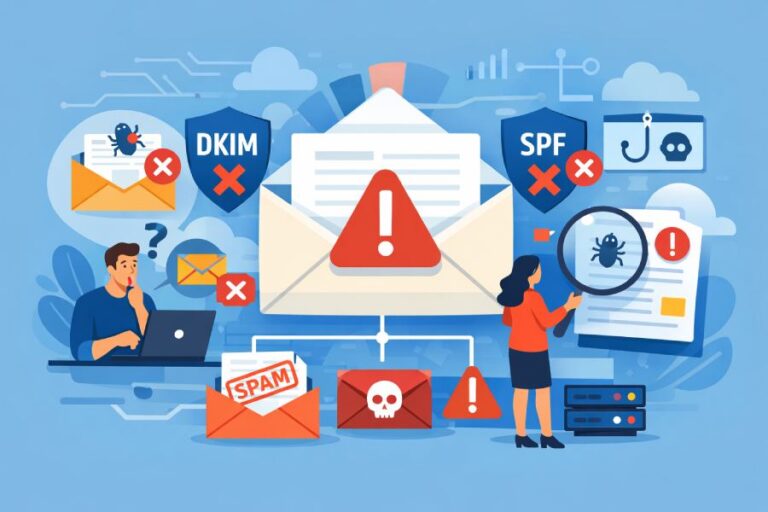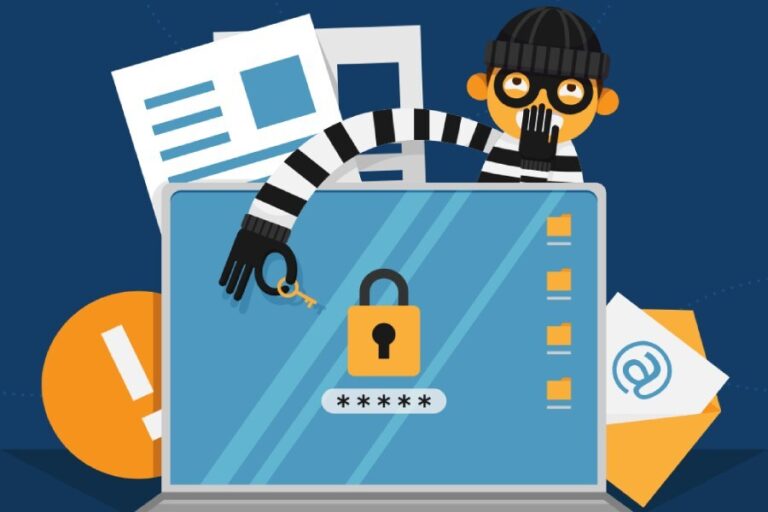As a law firm, you handle some of the most sensitive information in existence. Your files contain client secrets, financial details, and legal strategies. Losing this information is not just a business risk but an ethical breach.
Perhaps, for this reason, the American Bar Association’s Rule 1.6 states a lawyer must not reveal client information. Lawyers must also make an effort to prevent unauthorized people from seeing their clients’ information.
So, protecting your firm’s data is more than just a good idea; it is a professional duty. Note that your firm’s email is an attractive target for cybercriminals. After all, it’s a treasure trove of private information. This is why cybercriminals are constantly on the lookout for vulnerabilities. A single weak link could lead to a major breach.
Fortunately, you can secure your law firm’s email communications. How? We’ll share that here.
1 Implement Mult-Factor Authentication
To secure your email communications, make it harder for unauthorized people to get in.
Most people rely on a password, but they alone are no longer a sufficient defense against modern threats.
Data shows that over a third of people, 36% to be exact, had their online accounts hacked last year. It turned out, weak or stolen passwords compromised their account’s security.
The single most important defense you can implement is multi-factor authentication.
Multifactor authentication (MFA) is a simple way to add an extra layer of security to your accounts. It requires you to provide at least two ways to prove your identity before you can log in. So, even if someone gets your password, they can’t log into your account.
MFAs are of several types; some are more secure than others. The most common type is an SMS code sent to your phone. It’s easy to use but not the most secure option. SMS codes can be vulnerable to bypass attacks, where attackers trick the user into providing the code.
Hardware keys like a YubiKey are the best choice if you’re looking for the best way to secure your email accounts.
2 Encrypt Your Emails
Securing the content of an email is just as important as securing access to the account. Email encryption is a security measure that scrambles the email’s content to make it unreadable to everyone except the intended recipient.
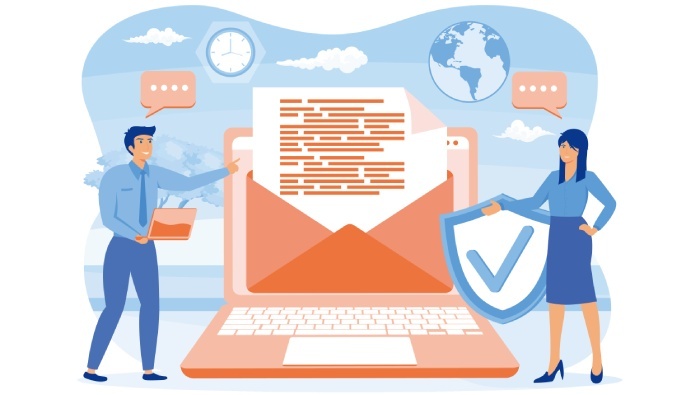
The most common form is transport-level encryption, which uses a protocol called TLS (Transport Layer Security). It encrypts your email when it leaves your server, but briefly decrypts and re-encrypts as it travels between different servers. This leaves a small window of opportunity for a sophisticated attacker to intercept the message in a decrypted state.
Another method is end-to-end encryption (E2EE), which is more secure. It encrypts the message on your computer until it reaches the intended recipient’s computer. Data encryption becomes even more critical in sensitive lawsuits involving confidential information of vulnerable clients.
Take the social media lawsuit, for example. According to TorHoerman Law, plaintiffs in the lawsuit claim that these platforms are intentionally designed to be addictive and keep adolescents hooked.
If a parent emails personal details about their child’s situation, end-to-end encryption will keep their information safe. This approach can help build trust.
Strengthen your law firm’s email security further by implementing SPF, DKIM, and DMARC to prevent spoofing and protect client communications.
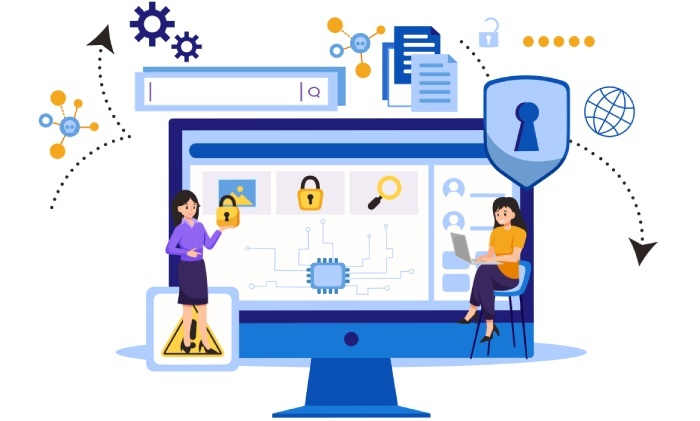
3 Train Lawyers and Staff on Cybersecurity Awareness
Did you know that 95% of data breaches in 2024 were a result of human error? Even the best security tools can’t help if someone clicks the wrong link or sends sensitive files to the wrong person.
Turning your lawyers and staff into a human firewall is one of the best defenses against data breaches caused by negligence or carelessness.
The American Bar Association has made it clear that it’s the duty of lawyers to make reasonable efforts to protect their clients’ data. Regular, hands-on training helps your team understand this responsibility and know exactly what to do if they spot a suspicious email.
The most common threat teams often face is phishing. Attackers impersonate legitimate companies to steal information. They try to trick employees into revealing passwords or clicking on malicious links.
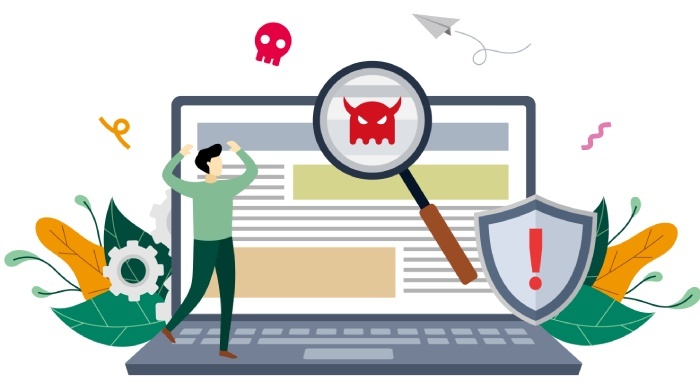
Train your team to recognize digital impostors. Encourage them to watch for red flags like poor grammar, vague greetings, or suspicious links.
For the program to be effective, make it an ongoing, mandatory part of your company’s culture. Conduct it regularly, ideally twice a year. A generic training program is a big no-no. Tailor it to legal-specific scams, so employees are prepared for the exact risks your firm faces.
Your law firm doesn’t just manage cases; it also manages your clients’ trust.
Every email you send represents your firm’s integrity and your commitment to protecting your clients.
Cyber threats aren’t going away. But you can stay two steps ahead if you follow these strategies. Instead of waiting for a security scare to happen, take action now. Implement these measures today, so your firm can communicate with confidence and uphold the professional standards your clients expect.
